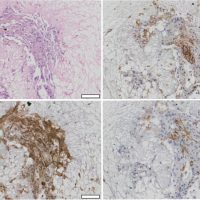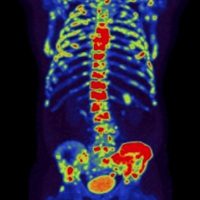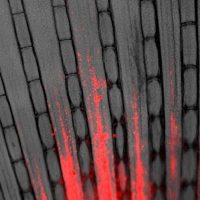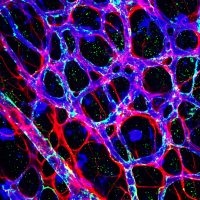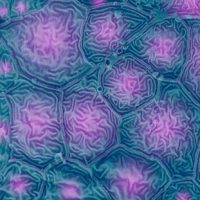Identification, Development and Production of Novel Biological Therapies
The Centre will increase understanding about mechanisms of response, toxicity and treatment resistance as well as develop scientific rationales for combination therapies.
The CRUK City of London Centre is one of the largest immune-oncology translational programmes in Europe focused on targeting a dynamic and unstable tumour genome and its active reprogramming of the tumour microenvironment (TME). The clinical success of novel immunotherapies has driven the development of a growing pipeline of biotherapeutics and novel combination approaches in pre-clinical and clinical settings.
The Developing Biological Therapies theme investigates the TME to delineate the rules of engagement between immune and cancer cells. Thus, it aims to open avenues for manipulation of immune response to cancer. The theme will tackle the growing number of questions associated with mechanisms determining response and influencing resistance to emerging biological therapies and combinations. This will capture the full evolving spectrum of TME development, from cancer initiation state to metastasis, advanced disease and resistance to therapy.
The infrastructure cores under Developing Biological Therapies theme umbrella span tissue engineering approaches, advanced single cell genomics and fluorescence-based multiplexing and HDR imaging techniques. These analytical tools for immunophenotyping and tumour characterisation coupled with patient-derived immune xenograft or in vitro multi-cellular models will aid the evaluation of current and novel immunotherapy agents and combination therapies.
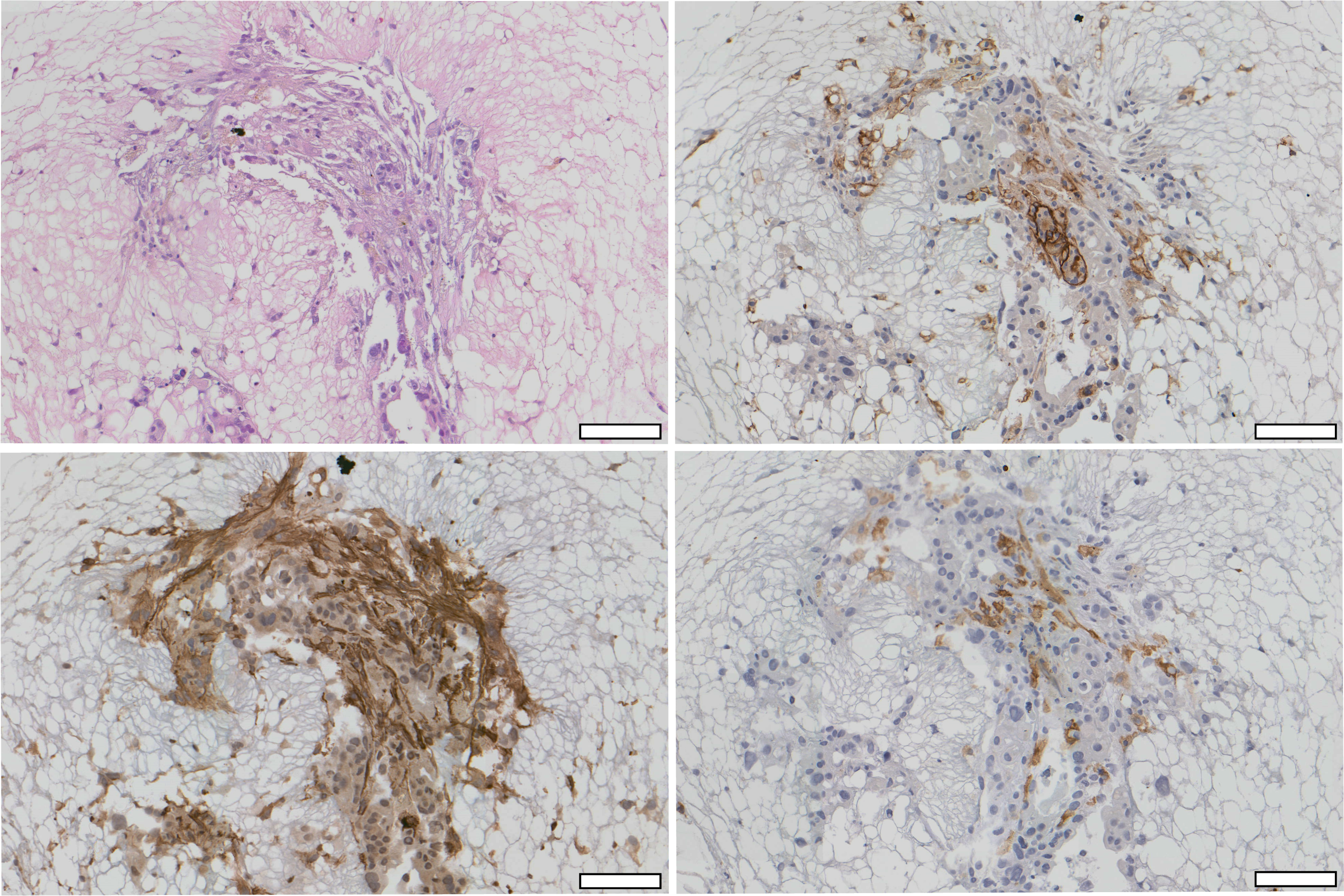
Image courtesy of Dr Beatrice Malacrida (Barts Cancer Institute)
Theme Leads
Infrastructure Cores
Zellscanner One is a fluorescence-based multiplexing and HDR imaging platform that provides a non-sample consuming alternative to “limitless” marker interrogation. Termed “chip cytometry”, cell suspension or whole tissue samples are fixed to a live incubation chamber for serial 5-plex stain-image-bleach cycles. Image-processing algorithms then co-register image stacks and remove imaging artefacts (Net FL) enabling the quantification and spatial analysis of cellular expression levels for 20 + markers. The facility provides a comprehensive high dimensionality imaging service, from panel design and antibody optimisation to analysis pipeline consultancy and training.
Contact: Joseph Hartlebury j.hartlebury@qmul.ac.uk
See more details about the Zellscanner One Imaging Platform here.
The Microscopy Service provides access to imaging equipment suiting a wide range of applications. Equipment includes advanced confocal microscope systems, laser microdissection, various time lapse options and scanners for digital pathology.
Contact: Linda Hammond l.j.hammond@qmul.ac.uk | +44 (0)20 7882 5132
See more details about the Zeiss LSM 880 Confocal Microscope with Airyscan Fast here.
Tumour associated macrophages (TAMs) are one of the main immune components of the TME and promote all stages of tumour progression. The core is establishing multicellular tumour cell-agnostic iPSC-based TME models that incorporate immune elements of the TME and are applicable to studying a range of solid cancers. Understanding malignant cell – TAMs interplay will enhance advance in biotherapeutic approaches. The core provides detailed protocols and iPSC cells.
Contact: Mina Mincheva m.mincheva@qmul.ac.uk
See more details about Human Tumour Microenvironment Models here.
The immune microenvironment within the TME plays a pivotal role in tumour progression. Reinvigorating the immune microenvironment using immunotherapies have shown to promote tumour killing. The PDiX core will develop pre-clinical xenografts that have intact host immune to use in the evaluation of current and novel immunotherapy agents and combination therapies. PDiX systems are generated in immunocompromised and/or humanised mouse models. The core provides detailed protocols as well as training on the surgical technique and analysis.
Contact: Mansi Shah mansi.shah@ucl.ac.uk
See more details about Patient-Derived immune Xenograft Core here.
Single-cell approaches have revolutionised our understanding of cancer biology. Using the 10x genomics platform, the facility provides cell-resolution information, providing insight into key areas such as tumour heterogeneity and the immune microenvironment. The facility provides a streamlined and open service, from project planning and product ordering, through to sequencing and bespoke bioinformatics analysis.
Contact: Imran Uddin imran.uddin@ucl.ac.uk | Gordon Beattie g.beattie@ucl.ac.uk
See more details about the Single Cell Genomics Facility here.



